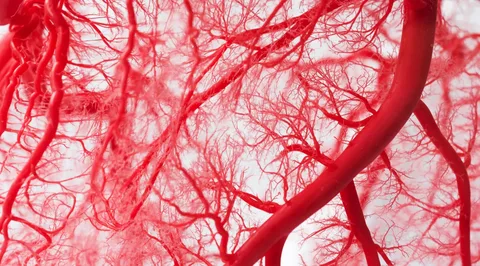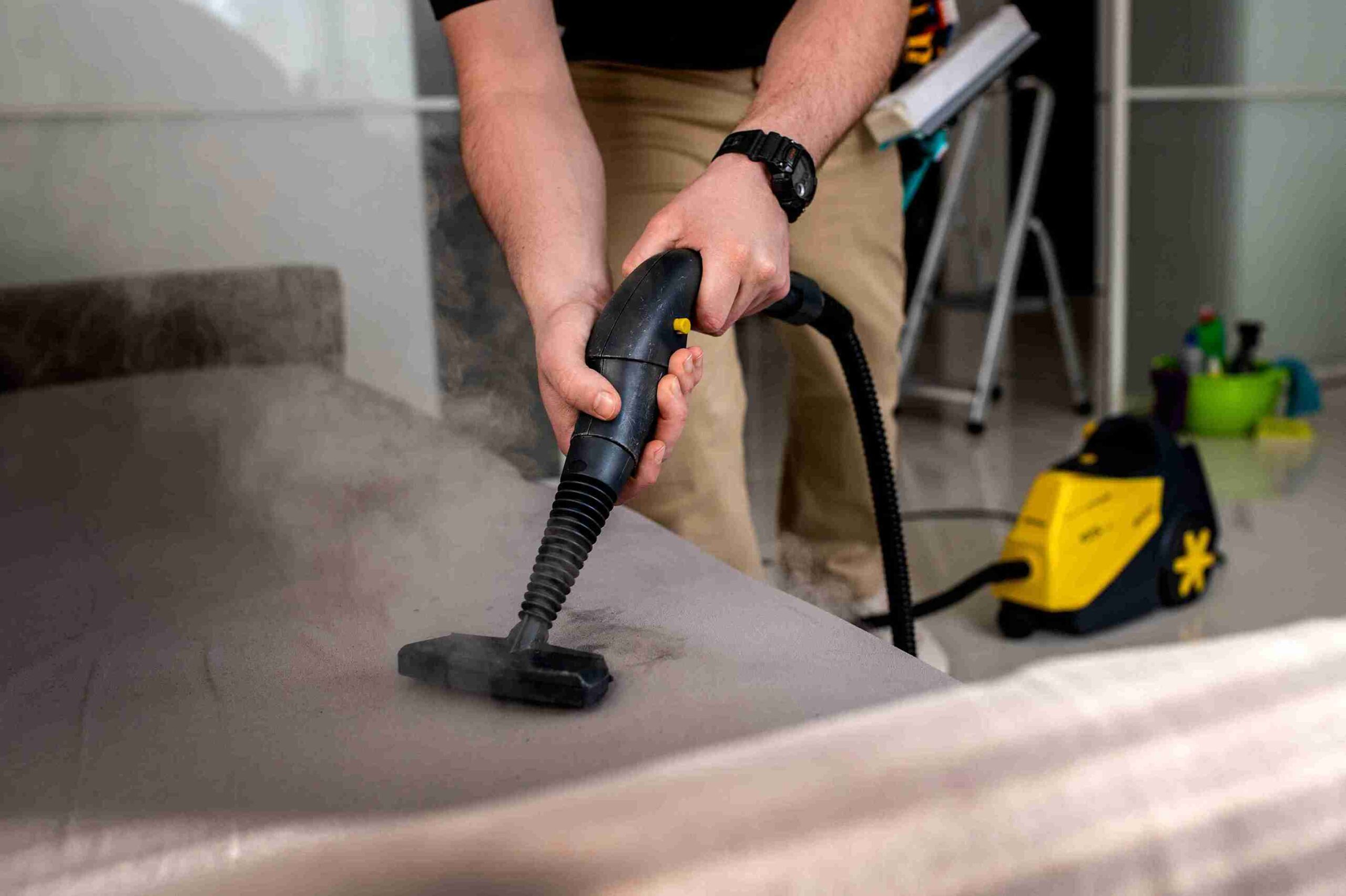Varicose veins are a common condition affecting millions of people worldwide, often causing discomfort, cosmetic concerns, and even more serious health issues. Despite advancements in varicose vein treatment in New Jersey and other areas, misinformation persists, leaving people uncertain about what really works for managing and treating varicose veins. This article will explore the myths and facts surrounding varicose vein treatment, providing accurate information on effective solutions.
Understanding Varicose Veins: What Are They?
Varicose veins occur when veins become swollen, twisted, and visibly enlarged, most commonly in the legs. This condition results from weakened valves in the veins that allow blood to pool, causing the veins to stretch and bulge. While many associate varicose veins with aging, they can affect individuals of all ages due to genetics, lifestyle factors, and certain medical conditions.
Common Symptoms of Varicose Veins
People with varicose veins may experience symptoms such as:
- Swollen, twisted veins visible on the legs
- Aching or heavy feeling in the legs
- Swelling, especially after prolonged periods of standing or sitting
- Itching or skin changes around the veins
- Leg cramps or throbbing
Myths and Facts About Varicose Vein Treatment
There are many myths about varicose veins, which can lead to confusion regarding effective treatments. Let’s separate fact from fiction to clarify what truly works for vein management treatment in New Jersey and beyond.
Myth 1: Varicose Veins Are Only a Cosmetic Issue
Fact: While varicose veins can be a cosmetic concern, they are more than just a surface issue. Left untreated, varicose veins can lead to complications, such as skin ulcers, blood clots, and chronic venous insufficiency. Effective treatment can not only improve appearance but also prevent these more serious health issues.
Myth 2: Varicose Veins Only Affect Women
Fact: Although more women than men seek treatment, varicose veins can affect anyone. Factors such as genetics, weight, and lifestyle impact vein health, making both men and women susceptible. Men seeking varicose vein treatment in New Jersey may find that prompt treatment can improve both their comfort and overall health.
Myth 3: Surgery is the Only Option for Treating Varicose Veins
Fact: In the past, surgical procedures were the primary treatment for varicose veins. However, modern advancements now offer a range of less invasive options, including laser treatments, sclerotherapy, and radiofrequency ablation. These alternatives are often quick, minimally painful, and have faster recovery times than traditional surgery.
H3: Myth 4: Varicose Veins Will Return After Treatment
Fact: While it’s true that treatment does not prevent new varicose veins from developing, successful treatments can effectively eliminate the targeted veins. Patients can take preventive measures, such as maintaining a healthy weight, exercising regularly, and avoiding prolonged sitting or standing, to reduce the likelihood of developing new varicose veins.
Myth 5: Home Remedies Can Cure Varicose Veins
Fact: Home remedies, such as elevating the legs, wearing compression stockings, and practicing good leg hygiene, can help alleviate symptoms but are not curative. For those with more advanced or painful varicose veins, seeking professional vein management treatment in New Jersey is recommended to effectively address and manage the condition.
Effective Varicose Vein Treatments That Work
With the availability of advanced treatment options, patients have more choices than ever for managing varicose veins. Below, we’ll look at the most effective treatments recommended by vein specialists today.
Endovenous Laser Treatment (EVLT)
Endovenous laser treatment (EVLT) is a minimally invasive procedure that uses laser energy to close off damaged veins. This treatment is popular for its high success rate and minimal downtime, making it a preferred option for those seeking varicose vein treatment in New Jersey. EVLT is typically performed in a clinic and allows patients to return to daily activities soon after the procedure.
Radiofrequency Ablation (RFA)
Radiofrequency ablation (RFA) is another minimally invasive treatment that uses radiofrequency energy to heat and collapse problematic veins. Like EVLT, RFA has a high success rate, is minimally painful, and involves a quick recovery period. This option is well-suited for patients with larger varicose veins and has shown excellent long-term results.
Sclerotherapy
Sclerotherapy is a non-surgical procedure that involves injecting a solution into the affected vein, causing it to close and eventually fade. While this option is most effective for smaller varicose and spider veins, it remains a popular choice due to its effectiveness, simplicity, and minimal discomfort. Sclerotherapy is widely available as part of vein management treatment in New Jersey.
Ambulatory Phlebectomy
Ambulatory phlebectomy is a surgical procedure that involves removing varicose veins through small incisions in the skin. This technique is typically reserved for larger, more prominent veins that do not respond to non-surgical treatments. Ambulatory phlebectomy requires only local anesthesia and has a relatively quick recovery time, making it an effective option for patients with severe varicose veins.
Compression Therapy
Compression therapy involves wearing specially designed compression stockings that help improve circulation in the legs. This method is often used as a complementary treatment to relieve symptoms and prevent worsening. While compression stockings do not eliminate varicose veins, they are an effective preventive measure and are commonly recommended as part of post-treatment care.
Choosing the Right Treatment for Varicose Veins
The best treatment for varicose veins depends on the severity of the condition, the patient’s medical history, and personal preferences. Consulting with a vein specialist is the best way to determine the most suitable treatment option. In New Jersey, clinics offering vein management treatment provide consultations to assess individual cases and recommend tailored solutions.
Factors to Consider When Choosing a Treatment
When considering varicose vein treatment, keep in mind:
- Severity of the Veins: Some treatments are more suitable for smaller veins, while others work better for larger, more severe varicose veins.
- Recovery Time: Some treatments have minimal downtime, while others may require more extended recovery.
- Insurance Coverage: Not all treatments are covered by insurance, so it’s important to check what options are included under your policy.
- Treatment Goals: Decide if your primary goal is to alleviate symptoms, improve cosmetic appearance, or prevent further health complications.
Preventing Varicose Veins: Lifestyle and Home Care
While professional treatments effectively address existing varicose veins, lifestyle habits can help prevent the condition from worsening and reduce the likelihood of new veins forming.
Exercise Regularly
Exercise, especially low-impact activities such as walking, swimming, and cycling, helps improve circulation and strengthens leg muscles, which can aid in preventing varicose veins. Regular movement is beneficial for both vein health and overall well-being.
Maintain a Healthy Weight
Excess weight places additional pressure on leg veins, increasing the risk of varicose veins. Maintaining a balanced diet and a healthy weight can reduce strain on your veins and support better circulation.
Elevate Your Legs
Elevating your legs above your heart level when resting encourages blood flow back to the heart, alleviating pressure in the veins. This simple practice can ease discomfort and reduce swelling associated with varicose veins.
Wear Compression Stockings
Compression stockings provide gentle pressure that supports vein function and enhances blood flow. They are particularly useful for individuals who spend long periods standing or sitting, as they help prevent blood from pooling in the legs.
Seeking Professional Vein Management Treatment in New Jersey
If you are experiencing discomfort or cosmetic concerns due to varicose veins, seeking professional help is essential. Clinics offering varicose vein treatment in New Jersey provide a range of options tailored to meet each patient’s needs, ensuring effective and long-lasting results.
Consult with a Specialist
A specialist consultation is the first step toward effective varicose vein management. A professional vein doctor can assess your condition, explain available treatments, and guide you toward the best solution for lasting relief and improved vein health.
Varicose veins are a common issue that, when left untreated, can lead to more serious complications. Fortunately, advancements in varicose vein treatment in New Jersey provide patients with a range of effective options for managing and treating this condition. By debunking myths and embracing evidence-based treatments, individuals can achieve relief, prevent complications, and enjoy healthier, pain-free legs.




